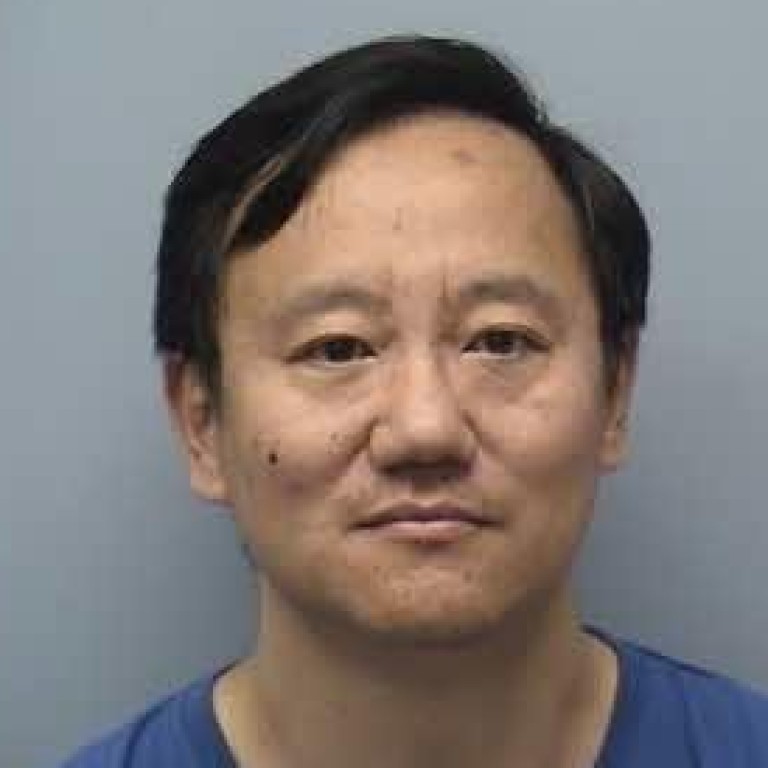
Trump administration warns of Chinese and other foreign government influence on US research
- Officials note ‘increasingly sophisticated efforts’ to exploit and influence potentially lucrative research activities
This story is published in a content partnership with POLITICO. It was originally reported by Juan Perez Jnr on politico.com on November 26, 2019.
The Trump administration wants businesses, universities and civic groups to help improve American science research – while citing threats of foreign government influence as a key concern.
A request out this week from the White House Office of Science and Technology Policy seeks input on less contentious items such as administrative workloads and how to make the country’s research environment more welcoming.
But officials also note “increasingly sophisticated efforts” to exploit and influence potentially lucrative research activities.
That includes undisclosed foreign funding, conflicts of interest and even what the administration request describes as a “surreptitious gaming of the peer-review process”.
Now the White House wants to hear how government can work with research organisations to learn about their financial support and professional affiliations, bolster their security and determine if overseas recruitment programmes are involved.
Still, the Trump administration’s requests demonstrate the tough act to balance a free and open intellectual space while safeguarding the country’s national security interests.
US colleges and universities have blasted administration efforts to collect more detailed information about foreign cash flowing into their coffers. Yet federal authorities insist questionable behaviour by foreign governments presents a threat that also interferes with how government money gets shared.
“These activities ultimately undermine the integrity of the research enterprise and, thus, our economic and national security,” science and technology policy director Kelvin Droegemeier wrote in a September letter to the US research community.
Tour guide accused of spying for China pleads guilty
A July letter from National Science Foundation Director France Córdova warned of outside “government endeavours to benefit from the global research ecosystem without upholding the values of openness, transparency, and reciprocal collaboration.”
Officials point to the conviction of former Virginia Tech professor Yiheng Zhang as one example.
Prosecutors said Zhang founded a US-based firm that relied on federal grants to operate while also working for a Chinese biotechnology institute, and alleged the artificial sweeteners researcher used fraudulent proposals to get grants for research he knew already had been done in China.
Federal authorities’ translated copy of Zhang’s employment contract with the Chinese institute, reviewed by POLITICO, suggested the former professor was also responsible for cultivating young talent in related fields.
Australia probes spy plot amid claims of Beijing’s political meddling
US-based researchers have been allowed to participate in talent recruitment programmes, and receive money from both the federal government and overseas, but officials believe problems ensue when foreign funding is not disclosed or unapproved overseas laboratories are allowed to operate.
“This particular case rose to the level of grant fraud and therefore it was sort of a criminal process,” a White House science and technology official, speaking on background, told POLITICO of Zhang’s case.
“But in many cases, the behaviours that we’re talking about may violate agency or institutional policy – but they may not rise to the level of criminal conviction. But they’re just as damaging to the integrity of the research enterprise.”

